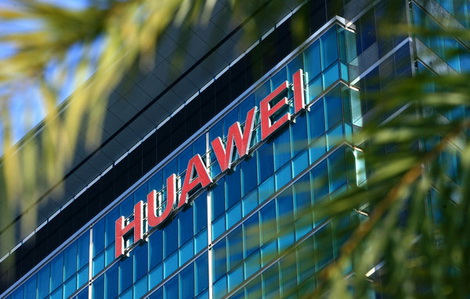Huawei bets on cloud-based smartphones
Updated: 2011-08-03 17:16
(Agencies)
|
|||||||||||
|
 Huawei R&D center at Shenzhen HQ on Jan.25, 2010.[Photo/CFP]
|
China's Huawei Technologies Co Ltd, the world's No 2 network equipment maker, launched new cloud-computing smartphones on Wednesday, looking to ride a mobile industry boom that drove a 64 percent sales rise in its devices unit in the first half, Reuters reported Wednesday.
The company is betting cloud-computing smartphones will help it replicate its telecom gear success in the smartphone market and take on the likes of Nokia, Apple Inc and Samsung Electronics.
Shenzhen-based Huawei and Chinese rival ZTE Corp, which have traditionally concentrated on the network equipment business, are aggressively muscling in on mobile devices.
"Cellphones have been a cash cow for Huawei over the past few years, but I don't think it can replace its main business in network equipment," said Jane Wang, a Beijing-based analyst at UK research firm Ovum.
"In a way, we saw cellphones as a key compliment to its business because it allows then to work more closely with telecom operators."
Huawei launched its cloud-computing "Vision" smartphones at a media event in Beijing, with the new 9.9-mm, 121-g phone running on Google's Android 2.3 operating system and Qualcomm's Snapdragon chip.
Cloud computing refers to data and software stored on computer servers rather than individual PCs and accessed over the Internet. Cloud computing smartphones will allow users to download applications without needing much storage space on their devices.
Global sales from Huawei's devices division, which sells consumer products such as smartphones, mobile phones, tablets and wireless cards, grew 64 percent to $4.2 billion in the first half of the year from a year ago.
Shipments jumped nearly 40 percent to 72 million units, Huawei said in a statement. Cellphones form the majority of its shipments.